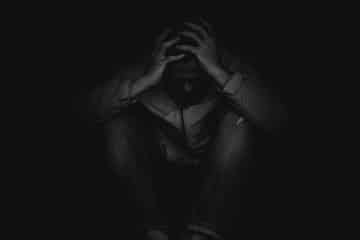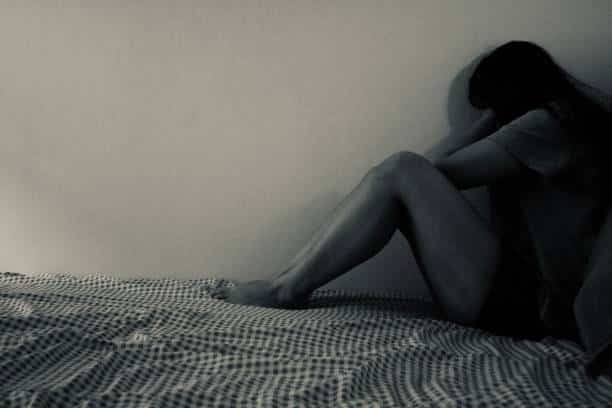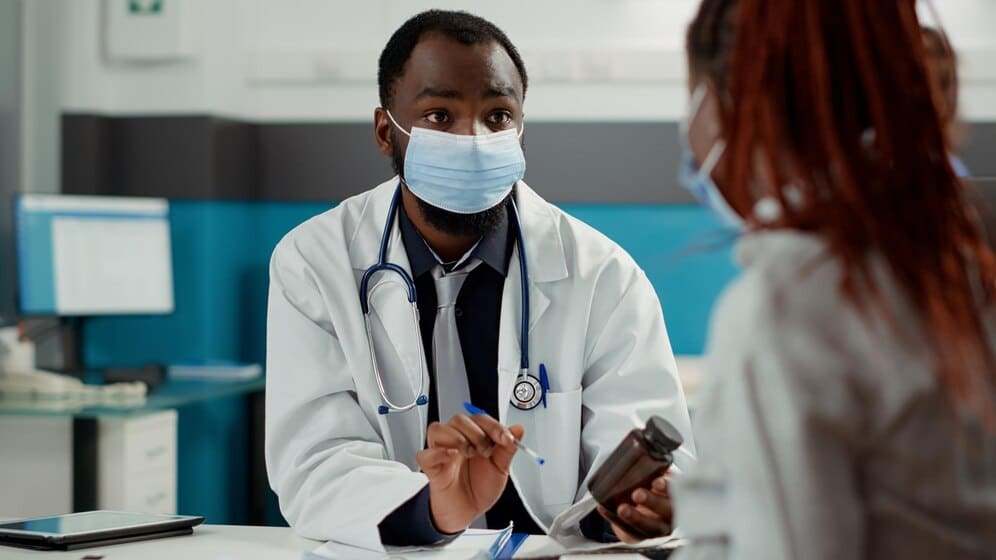Depression is a serious and common medical condition that negatively impacts your actions, thoughts, and feelings. The condition is treatable. It causes sadness and loss of interest in things that once made you happy. Depression can result in several physical and emotional problems and reduce your
functionality at home and work.

Five years ago, Michael and his wife Beth lost their first child to Sudden Infant Death Syndrome (SIDS). The pain of losing a child was immense for the newly married couple. After the burial, the couple took a few weeks off work to mourn their child. After a few weeks, it was time to go back to work.
Michael returned, but Beth said she needed a few more days as she was not ready. When Michael left for work, Beth would go into her baby’s nursery and sit there and cry. She couldn’t understand why her son was no longer with them.
“My mind couldn’t grasp how my baby just died without being sick,” Beth lamented

With time, she became withdrawn, ate poorly, no longer liked talking to her husband, did not want to go out, and stopped calling her friends and family.
When this behaviour continued for several weeks, Michael had to take Beth to see a doctor, and it was then that she was diagnosed with depression.
“It was difficult and disheartening to see Beth lost in her grief,” said Michael
So, what causes depression?
Depression can occur due to various reasons, and it has numerous triggers. For some, it is a stressful or upsetting event, such as divorce, money problems, redundancy, illness, or bereavement – as in Beth’s
case.
Various causes can also combine and trigger depression. You may be down after an illness and then undergo a traumatic event like losing a loved one, which brings depression.
Often, people have a series of events preceding depression. For instance, when you lose someone you love, you may feel low, stay away from family and friends or even turn to drugs and alcohol to numb the pain. All this can worsen your feelings and trigger depression.
Diagnosing Depression
Your doctor will diagnose depression, considering your medical history, symptoms, and mental health history. Based on the severity of your symptoms, you may be diagnosed with a particular type of depression, such as post-partum depression or seasonal affective disorder.

For your doctor to diagnose you with depression, you should exhibit five symptoms of depression daily, nearly all day, and at least two weeks
For your doctor to diagnose you with depression, you should exhibit five symptoms of depression daily, nearly all day, and at least two weeks.
Treatment for Depression.
After a proper diagnosis, your doctor will prescribe any treatment options below or a combination of several.
Psychotherapy. Talk therapy or psychotherapy is sometimes used to treat mild depression. People with moderate to severe depression undergo psychotherapy while taking antidepressant medications.
The most effective type of psychotherapy for the treatment of depression is cognitive behavioural therapy (CBT). CBT focuses on solving the problem in the solving. It helps individuals identify negative/distorted thinking to change behaviours and thoughts to handle problems more positively.
Psychotherapy involves the individual but may include other people, like, in this case, Beth’s husband, Michael. Couples or family therapy can help address the problem within the relationship.
One can also attend group therapy sessions where people with similar problems meet in a supportive environment. The individual learns how other people handle similar situations. Treatment takes a few weeks or longer, depending on the gravity of the condition. However, notable improvement is seen in 10-15 sessions.
Medication. Brain chemistry sometimes contributes to depression and may be considered in their treatment. Due to this, antidepressants are prescribed to modify the individual’s brain chemistry. The medications are not tranquilisers or sedatives, and they are not addictive. Usually, antidepressant medications produce no stimulating effect on someone without depression.
The full benefits of antidepressants are visible after at least two months of use. If there is no change after this duration, their doctor can change the medicine dosage, substitute, or add another one.
After experiencing an improvement, your psychiatrist may recommend continuation of the medication for another six months or more.
Electroconvulsive Therapy (ECT). This is a treatment reserved for severe depression cases that have not responded positively to other treatment forms. It entails a short electronic brain stimulation while the individual is under anaesthesia. ECT is administered two to three times a week to amount to six to 12 treatments.




